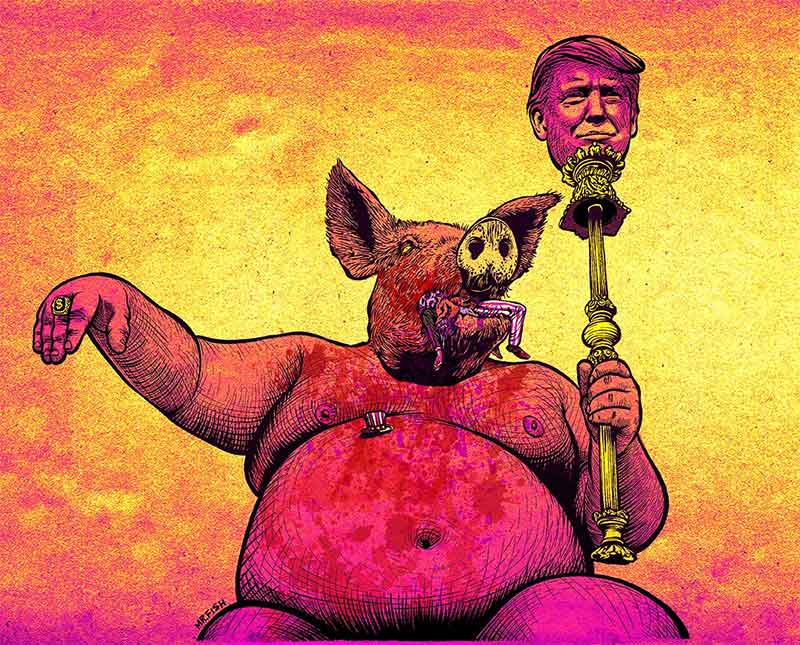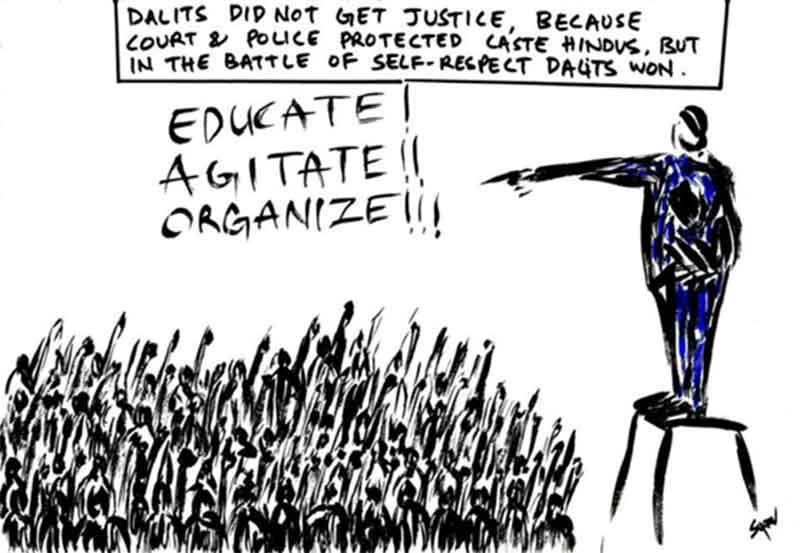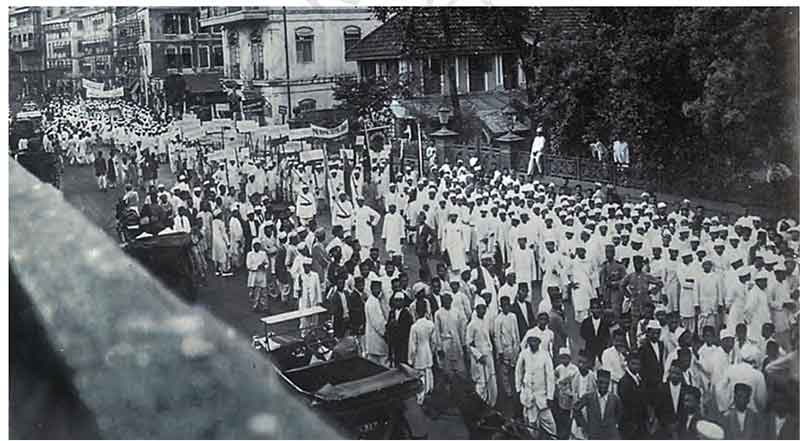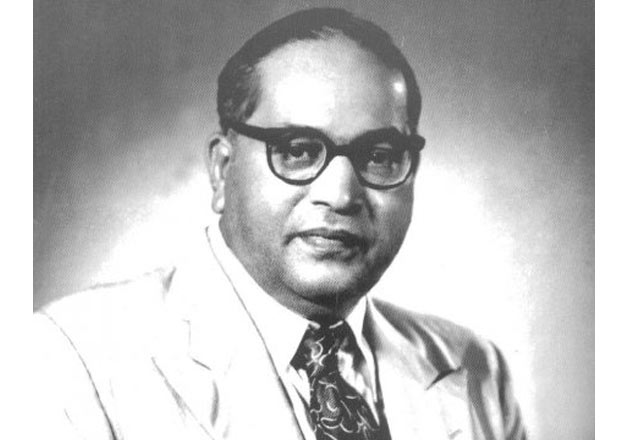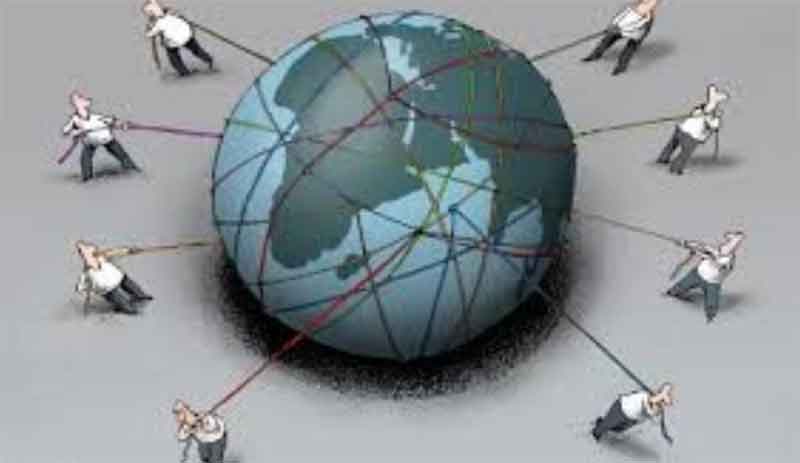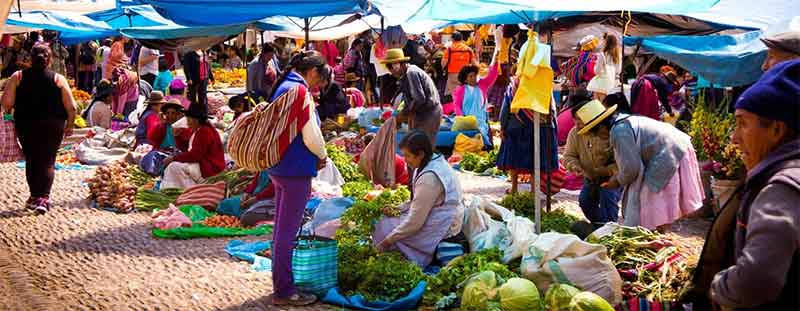
Historically, markets were established by working people to serve their everyday needs and desires. These markets were grounded in the local communities they served, reflecting the economic and social realities of the time. People would come together in these markets to trade goods and services, fostering a sense of community and mutual dependence. The primary focus was on meeting the essential needs of the population, ensuring access to food, clothing, tools, and other necessities. In these early markets, transactions were straightforward, often based on barter or simple currency systems, and were characterised by direct interactions between producers and consumers. This setup allowed for greater transparency and trust, as buyers could directly engage with sellers, understand the origins and quality of the products, and negotiate fair prices. The primary aim was to facilitate the exchange of goods and services in a manner that benefited all parties involved, enhancing the well-being of the entire community.
The markets have historically played a crucial role in transforming economic activities of producers into social activities, thereby establishing and nurturing relationships between producers and consumers. In its earliest forms, the market was more than just a venue for buying and selling goods; it was a vibrant social and cultural institution where people interacted, exchanged ideas, and built community ties. By facilitating direct interactions between producers and consumers, markets enabled a deeper understanding and appreciation of the goods being traded. Consumers could meet the people who grew their food, made their clothes, or crafted their tools, creating a sense of trust and mutual respect. This direct relationship fostered a sense of accountability among producers, who took pride in the quality of their work, knowing they were serving their neighbours and community members.
The market, both as an institution and as a process, was originally intended to facilitate life, making it easier for people to obtain the goods and services they needed. It was designed to serve the community, providing a space where people could exchange resources efficiently and equitably. The core idea was to enhance the quality of life for everyone involved by ensuring the availability and accessibility of essential products and services and fostering economic and social interdependence. Market was an institution of solidarity and a process of cooperation for a meaningful life and mutual existence. As societies grew more complex and inter(dependent) economies expanded, the nature of markets evolved. However, the foundational principles of market were changed in the name of promoting free market.
However, the so-called free market in its current form has deviated significantly from this original purpose. Today, it often controls everyday lives, functioning primarily as a tool for profit-making for a select few capitalists. Instead of serving the broader community, the modern market prioritises the interests of large corporations and wealthy individuals. These entities have the power to influence market dynamics to their advantage, often at the expense of the average consumer and small producer. This shift has led to a situation where the market dictates the terms of economic, social and cultural life, influencing everything from job availability and wages to the prices of essential goods and services. The focus on maximising profit has resulted in practices that undermine the well-being of the broader population, such as monopolistic behaviours, exploitation of labour, and environmental degradation.
In essence, the market has transformed from a community-oriented institution into a profit-driven mechanism that primarily benefits a small elite, often leaving the majority of people with little control over their economic, social, political and cultural purposes of their everyday lives. This distortion of the market’s original purpose highlights the need for a re-evaluation of how economic systems are structured and governed to ensure they truly serve the needs and desires of all people, not just a privileged few.
The concept of a free market in all its forms within a capitalist system is often touted as being both free and fair. However, this notion is far from reality. The free market is intended to provide freedom to both consumers and producers, yet in practice, neither group truly experiences this freedom. In a so-called free market, consumers and producers are not provided with sufficient information about the products, their producers, or the costs involved in production. This lack of transparency leaves consumers in the dark about the reasoning behind pricing decisions. Instead of being a truly open and fair system, the free market operates as a controlled mechanism of global capitalism.
Large corporations dominate this landscape, enhancing their profits by creating a disconnect between consumers and producers. They manipulate the market to establish independent pricing mechanisms that prioritize their interests, often leading to super-profits at the expense of fairness and transparency. Moreover, these corporations often engage in practices that stifle competition, such as forming monopolies or oligopolies, which further undermines the principles of a truly free market. As a result, consumers face higher prices and limited choices, while smaller producers struggle to survive in an environment skewed heavily in favour of big business. In essence, the so-called free market is less about freedom and fairness and more about the strategic manipulation of economic systems to benefit a select few, exacerbating inequality and reducing the agency of both consumers and producers.
Over time, as markets grew and became more complex, these direct relationships were often replaced by more impersonal transactions. However, the fundamental role of the market in linking economic and social activities remains evident. Modern movements such as farmers’ markets, local artisanal fairs, and community-supported agriculture (CSA) programs are efforts to rekindle these direct connections, emphasizing the social dimensions of economic exchange. Technology and digital market platforms can facilitate these objectives if these digital infrastructures are controlled by the communities.
The market has historically been instrumental in converting economic activities into social ones, establishing meaningful relationships between producers and consumers. This legacy underscores the potential of markets to not only drive economic prosperity but also to build strong, connected communities. It is time to reclaim free and fair market which serves as community hubs, where people gathered not just to trade, but to socialise, share news, and engage in cultural activities. These interactions helped to weave the economic fabric into the social fabric of the community, making economic activities a vital part of daily life and social cohesion. It is time to struggle and reclaim free market from free marketers of capitalism and defeat its market-driven culture of mass consumerism and alienation.
Bhabani Shankar Nayak, London Metropolitan University







